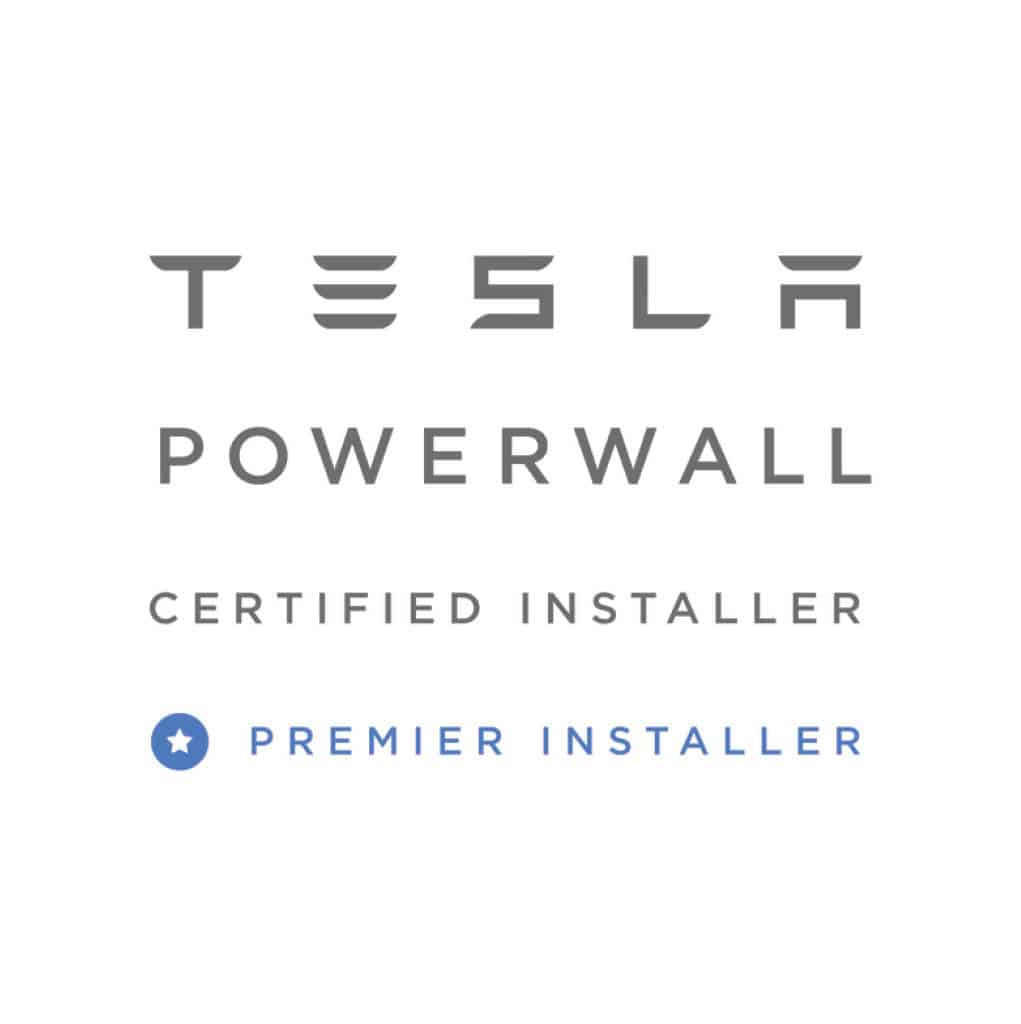Many people invest in solar to save on their monthly utility bills, and the numerous incentives offered by the federal and state governments help make investing in a new system more accessible. These solar incentives are just one of many ways that people can save with a photovoltaic (PV) system.
Net metering in North Carolina allows residential and commercial solar system owners to offset their monthly electric costs by sending excess energy back to the grid. They can apply credits to their electric bills to help pay for their energy usage during months when their solar systems don’t produce as much electricity. Learn more about net metering and how 8MSolar can help you benefit from this service in your area.
What Is Net Metering?
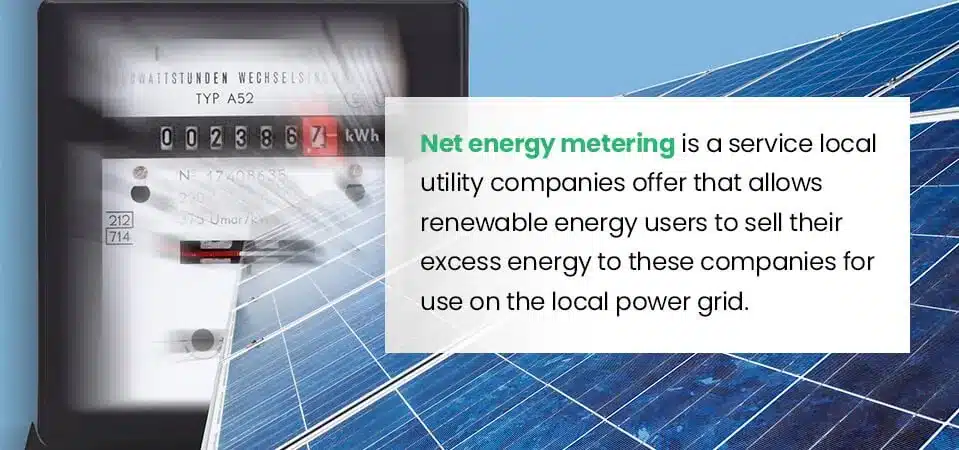
Net energy metering, also referred to as net metering, is a service local utility companies offer that allows renewable energy users to sell their excess energy to these companies for use on the local power grid. Residential and commercial customers can benefit from this service, which exchanges their extra energy for credits they can apply to their monthly energy bills to offset costs. Rather than paying for their energy usage in full, solar customers will owe the net difference between the energy they use and the excess energy they give back to utility companies.
How Does Net Metering Work?
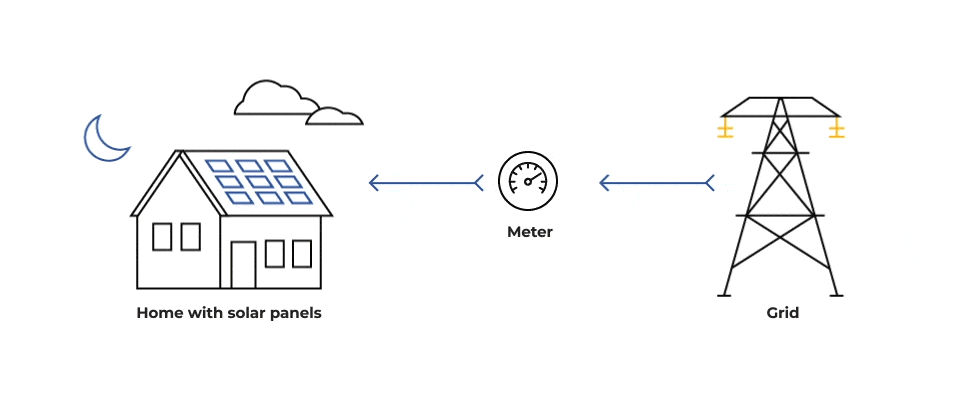
First, you must purchase and install a solar panel PV system and connect it to your utility company’s electric distribution system to benefit from net metering. Once you have your system, your local utility company provides a bi-directional meter to determine the amount of energy that goes in and out of your system.
Your solar system will generate electricity, first consuming it for your needs. If your system generates more electricity than you need, it flows to the net meter into the utility company’s electric grid. The amount of money you save on your electric bill depends on which of two types of schedules you’re on:
- Standard schedule rate: A standard schedule rate is like a fixed rate, meaning that you have a set price that you pay for the electricity you use. For example, you may pay 15 cents per kilowatt-hour (c/Kwh), which won’t change regardless of when you use your electricity. The excess energy your system generates flows back into the grid and lowers your net meter reading, resulting in a lower monthly utility bill.
- Time-of-use rate: This type of schedule has different rates for different timeframes. For example, peak hours, weekends or holidays may have higher or lower rates depending on your utility company’s terms. The excess energy you produce during specific times will reduce your monthly bill at specific rates. For example, if you produce extra electricity during peak hours, your electric company will reduce your bill at the peak hour rate.
If you generate more energy than you use, your utility company will issue a credit and note it on your electric bill, which you can use to offset costs on future bills. However, some companies have stipulations regarding these credits. For example, your company may require you to use the credit within 12 months. Net metering can help you save significantly on your monthly utility costs, even if it doesn’t offset them completely during certain months. You can use your credits to shift the charges in your favor when your solar system doesn’t produce as much energy.
Benefits of Net Metering for PV System Owners
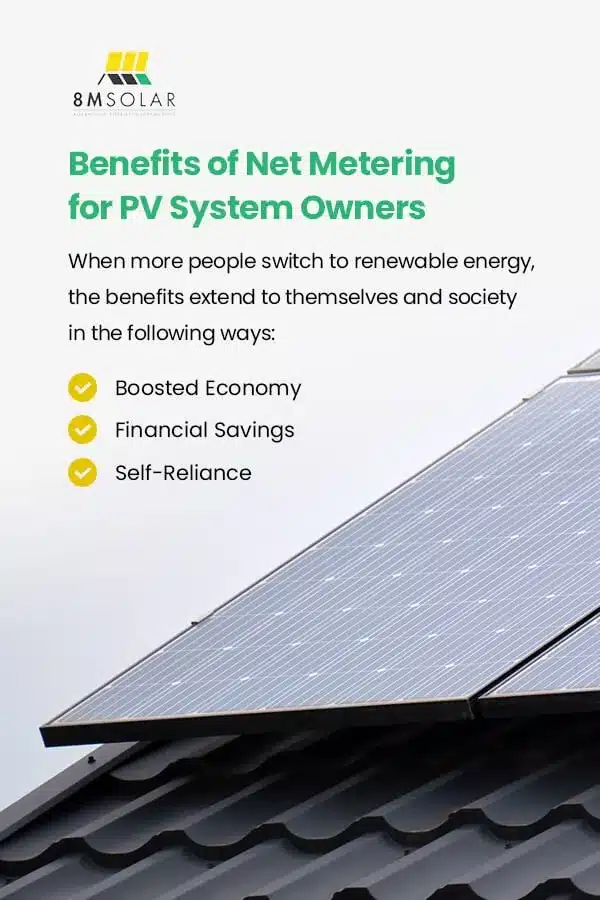
Net metering creates numerous benefits for residential and commercial customers when they invest in a solar system. Individuals and businesses are more likely to switch to solar energy if they can offset their monthly electrical costs. When more people switch to renewable energy, the benefits extend to themselves and society in the following ways:
Boosted Economy
Net metering helps protect your local energy grid by distributing excess energy to other residents and businesses. This extra electricity helps reduce energy loss as it’s transmitted across long distances and reduces the overall wear and tear on the local grid.
As more people adopt solar energy, there’s also an increased demand for more jobs within the industry, directly boosting the economy by increasing sales. Net metering also encourages individuals and business owners to invest in solar energy, positively impacting the local and world environment by reducing carbon emissions.
Financial Savings
Net metering allows you to start saving on electric costs as soon as the sun rises in the morning. Net metering is just one of the many ways solar system owners can offset their installation costs. Federal and local governments offer incentives to help reduce the costs necessary to install a system, and net metering offers continual savings each month. Solar system owners’ overall bills are reduced or offset by a credit applied to their next electric bill when their solar system may not produce as much electricity.
Along with government incentives, net metering can help individuals see a return on their solar investment in as little as four to nine years. The savings they gain after that point from net metering is more money in their pocket for other endeavors.
Self-Reliance
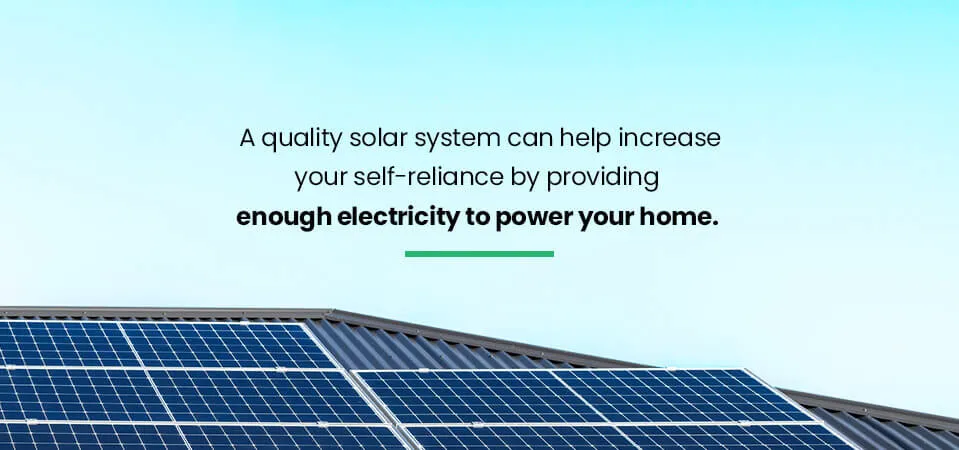
Many people invest in solar energy to reduce their reliance on the electrical grid and fossil fuels. A quality solar system can help increase your self-reliance by providing enough electricity to power your home. Your solar system may even produce enough energy for you to sell it back to the electricity company for a reduction on your monthly bill or credit you can use in the future.
Home and business owners can also increase their self-reliance by installing a battery backup system to store excess electricity. They can then use this electricity when their solar system does not produce enough power. Becoming self-reliant by using solar energy also decreases the need for fossil fuels, which helps protect the environment.
Net Metering Vs. Net Billing: What’s the Difference?
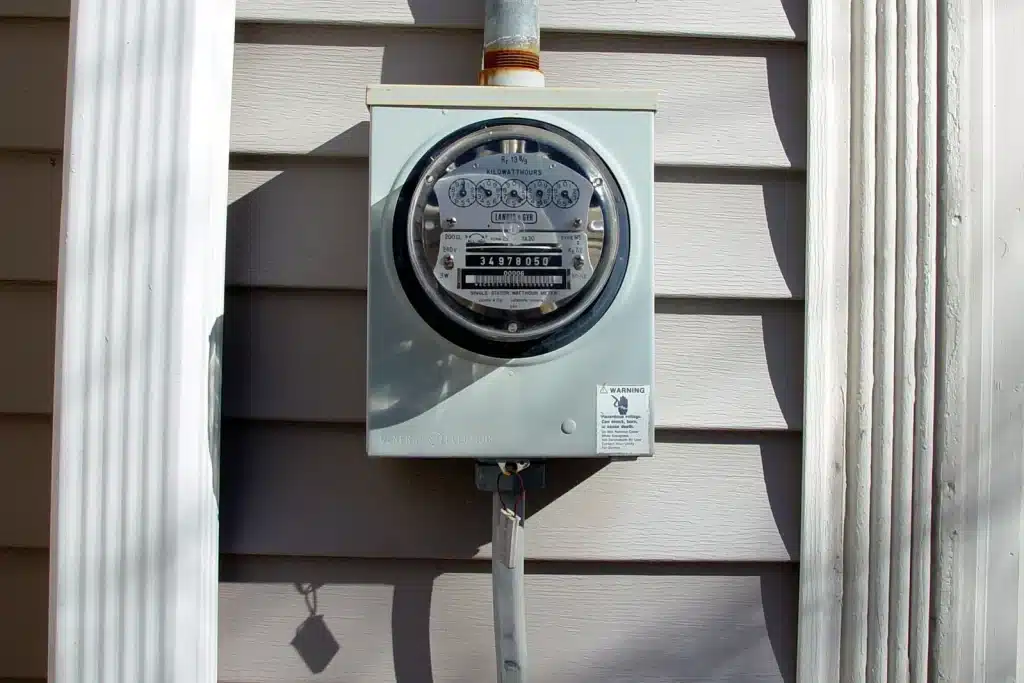
In recent years, local cities and governments have been accessing current net metering programs. Some individuals argue that net metering pushes the fixed costs of utility operations onto non-renewable energy consumers. For this reason, some utilities companies have switched to net billing.
What is Net Billing?
The difference between net billing and net metering is the retail rate for energy sold to the utility company. The energy sold back to the grid will be purchased at a lower price (based on market value) than the energy bought from the utility company.
For example, you might pay $.08/kWh for energy from the utility company and get paid $.03/kwh for the excess energy you distribute. In Net billing, any power generated by the solar PV system is first used inside the home, and extra produced power goes back to the utility. The customer gets a lower rate per kWh for this excess energy typically around $0.03/kWh.
Net billing does not allow for roll over credits and varies greatly depending on energy usage and time of year. Net billing is often used for large solar power systems.
Buy All / Sell All for Solar
A buy all / sell all arrangement is quite simple. Any power generated by your solar system is never used to offset your home’s usage, instead all power is directly sent back to the utility. The utility pays a customer a flat rate per kWh produced, typically around $0.03 per kWh.
To Summarize: Net Metering > Net Billing > Buy All / Sell All
Hopefully, our comparison shows you that net metering is typically the most favorable for customers with solar, followed by net billing followed by buy all / sell all.
Please feel free to contact us for more information if you still have questions, we will be happy to evaluate your utility solar interconnection laws and advise the best way forward.
North Carolina New Net Metering
North Carolina is currently trying to adopt new NEM regulations and policies similar to those recently adopted in South Carolina. The new agreement signed by Duke Energy, NCSEA, SEIA and SELC is under review and approval by the NC Utilities Commission. If approved, the new agreement will go into effect on Jan. 1, 2023.
Key elements of the new settlement agreement include:
- Dynamic and temporal price signals are in place to help PV system owners be aware of high-cost days and cut back on energy use.
- Demand response in the form of a controllable smart thermostat and easier compatibility with other smart technologies that will allow easier control of home and business energy consumption.
- Time-of-use netting allows consumers to see their netting regularly.
- Recovery of costs is made simpler with public programs and Duke’s estimated customer and distribution costs.
The new agreement will also provide net metering regulatory certainty for all rooftop solar adopters and installers in the next decade. Additionally, the agreement offers future solar net metering customers significant up-front savings, including a direct rebate, new pricing signals for incorporating electric vehicles (EVs) and batteries and a higher capability to integrate innovative technologies with solar systems, such as smart thermostats and battery storage. Additionally, the new agreement will preserve electricity bill savings for current net metering customers.
The new agreement aims to make adopting rooftop solar panel systems easier and more affordable. To further make this possible, a low-income solar program was also included in the agreement to encourage everyone in North Carolina to go solar. Many are hopeful that this is a promising step towards 100% clean energy for the Carolinas.
8MSolar Expert’s Summary for North Carolina Residents
Net-metering is a way of “interconnecting” (connecting) your solar energy system to the grid. Most utility providers in North Carolina offer some form of net-metering (Duke Energy, for example).
Under net-metering, your home first uses any solar-produced power, and the excess is then credited back to you by your utility company (credit on your account). Then at the end of the month the utility company will see how much power you produced (credit you received), how much you used that was not supplied directly by the solar system, and then net the two.
For instance, if your solar system produces 120% of what your home needs, you would send the extra 20% back to the grid, and your meter would register the extra 20% with the utility as a credit. You can use that credit later when your solar system is not producing enough energy for your entire home–at night, for example.
Learn More About How You Can Benefit From Solar With 8MSolar

Solar system owners can reduce their monthly costs with net metering and the many solar incentives federal and state governments offer.
8MSolar can help you set up your solar system and benefit from net metering to reduce overall costs and see a return on your investment sooner. Contact us today for a quote and to see the specific benefits you can receive as a new solar customer.





